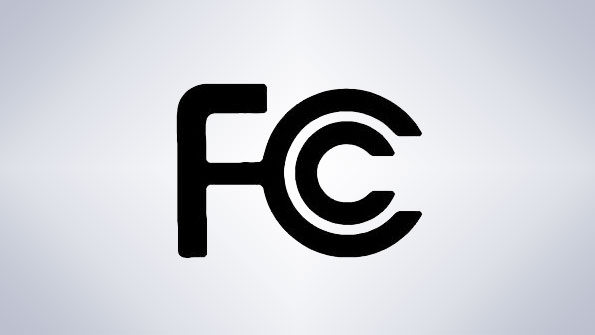Broadcasters Get a Win on FCC Regulatory Fees
In addition to avoiding higher fees from the costs of broadband mapping, FCC said it is seeking comment on new regulatory fee categories that would charge fees to big tech

WASHINGTON, D.C.—The FCC has issued a Report and Order adopting a schedule of regulatory fees for Fiscal Year 2021 that offers broadcasters some victories in the arguments they had made against higher fees.
The order says that broadcasters won’t have to pay a share of the $33 million in additional funding that was specifically appropriated by Congress to implement the Broadband DATA Act and create new broadband maps. That decision will however increase fees for cable operators, telcos and others involved in broadband.
The FCC also noted in the order that “we seek comment on whether we should adopt new regulatory fee categories and on ways to improve our regulatory fee process regarding any and all categories of service. Some commenters suggest that we impose fees on particular industry participants, essentially asking that we consider new fee categories. For example, NAB asks that unlicensed spectrum users, especially large technology companies, be required to pay regulatory fees, and we seek comment on this proposal. We seek comment on the legal basis for assessing regulatory fees on such users, consistent with the precedent interpreting our section 9 authority.”
In recent months, the NAB had pushed back against FCC proposed regulatory fee increases, saying in a statement that “its original regulatory fee proposal...would have required local radio and television broadcasters to subsidize unrelated work at the Commission.”
In a June 18 filing with the FCC, the NAB noted that on June 4, 2021, the D.C. Circuit Court of Appeals issued a decision in Telesat Canada v. FCC that dismissed non-U.S. licensed space stations’ challenge to the FCC’s decision to expand the base of regulatory fees to include such entities.
“The court found that it is reasonable for the FCC to charge regulatory fees to entities that benefit from its activities, regardless of whether the entity is a licensee. The Telesat decision therefore directly supports NAB and others’ repeated requests that the Commission consider steps to expand the base of regulatory fee payors to include Big Tech and other unlicensed spectrum users that use the Commission’s resources to their benefit. For example, Big Tech is one of the primary drivers of the policy work being done by the currently non-core Office of Engineering and Technology (OET),” the NAB said in the June filing.
Under the FCC's initial regulatory fee proposal for Fiscal Year 2021, broadcasters faced a 5-15% increase in regulatory fees, despite the Commission’s general salary and expenses budget increasing by only 0.5%.
Get the TV Tech Newsletter
The professional video industry's #1 source for news, trends and product and tech information. Sign up below.
In its comments and reply comments, NAB said the proposed increase was based on the FCC’s decision to make broadcasters pay for a significant portion of the $33 million in additional funding that was specifically appropriated by Congress to implement the Broadband DATA Act and other inequities in the FCC’s approach.
In its meetings with FCC Commissioners and staff, NAB has urged the FCC to adjust its proposal so that only the beneficiaries of the Commission’s Broadband DATA Act initiatives pay for the associated costs.
The NAB has also argued that the wireless industry should pay for its fair share of the Commission’s costs and that the FCC expand the base of fee payers to include big tech and other unlicensed spectrum users that use a substantial amount of the Commission’s resources and benefit from its activities.
In a statement on the issue, NAB senior vice president of communications Ann Marie Cumming noted that “NAB greatly appreciates the FCC’s efforts to revise its original regulatory fee proposal that would have required local radio and television broadcasters to subsidize unrelated work at the Commission. The change is not only the right outcome, but critical to the many broadcasters’ ongoing service to their local communities.”
"NAB and our members look forward to working with the FCC in the coming year to take a deeper look at the regulatory fee process to ensure all stakeholders that benefit from the Commission’s work are paying their fair share and that those currently subsidizing the Commission are no longer paying for work unrelated to their industries,” she continued.
George Winslow is the senior content producer for TV Tech. He has written about the television, media and technology industries for nearly 30 years for such publications as Broadcasting & Cable, Multichannel News and TV Tech. Over the years, he has edited a number of magazines, including Multichannel News International and World Screen, and moderated panels at such major industry events as NAB and MIP TV. He has published two books and dozens of encyclopedia articles on such subjects as the media, New York City history and economics.

